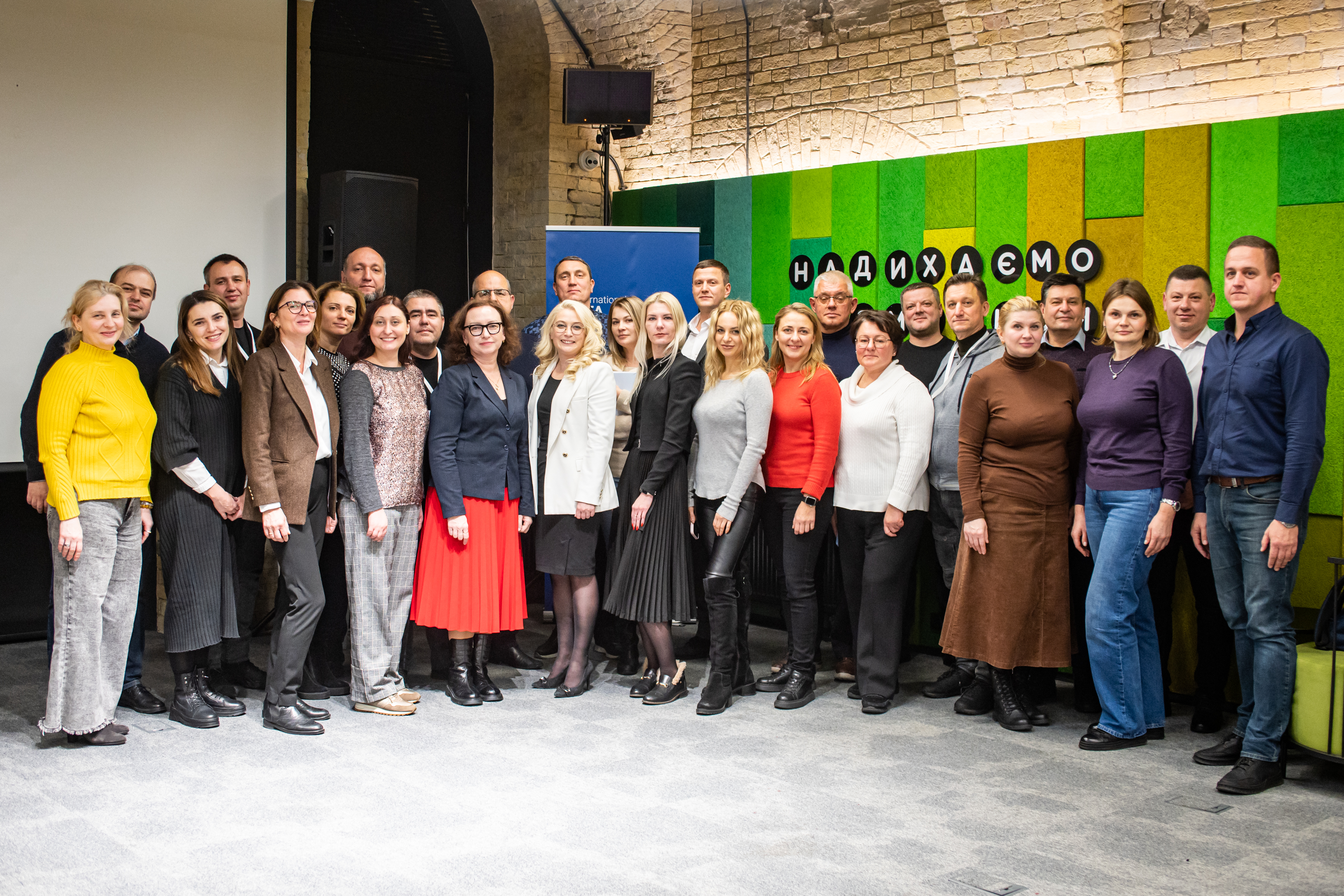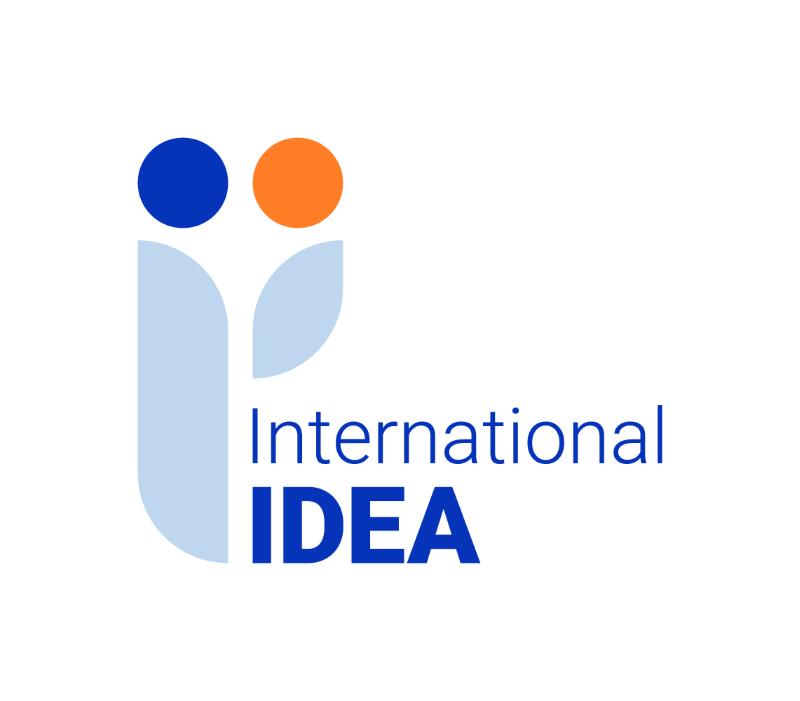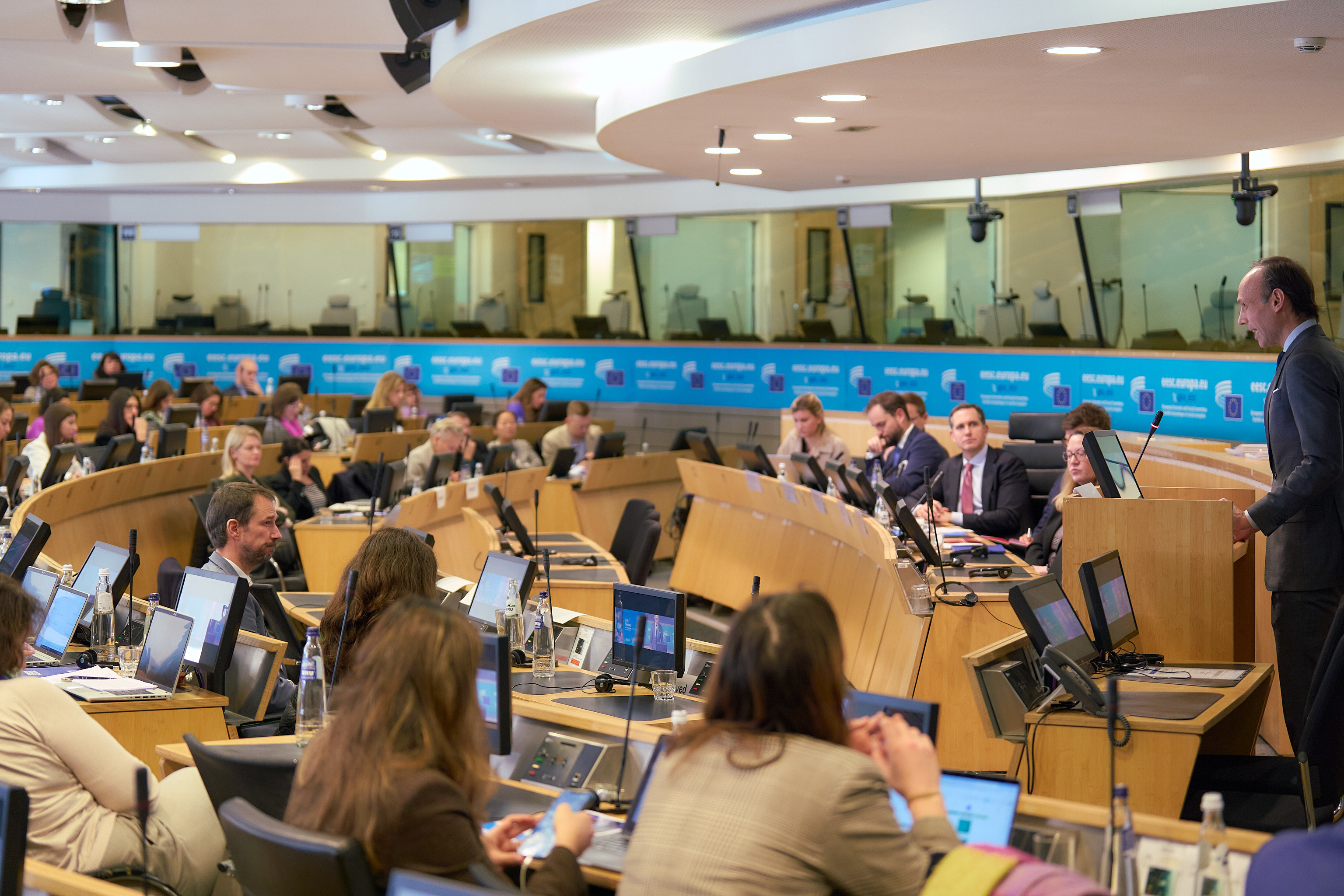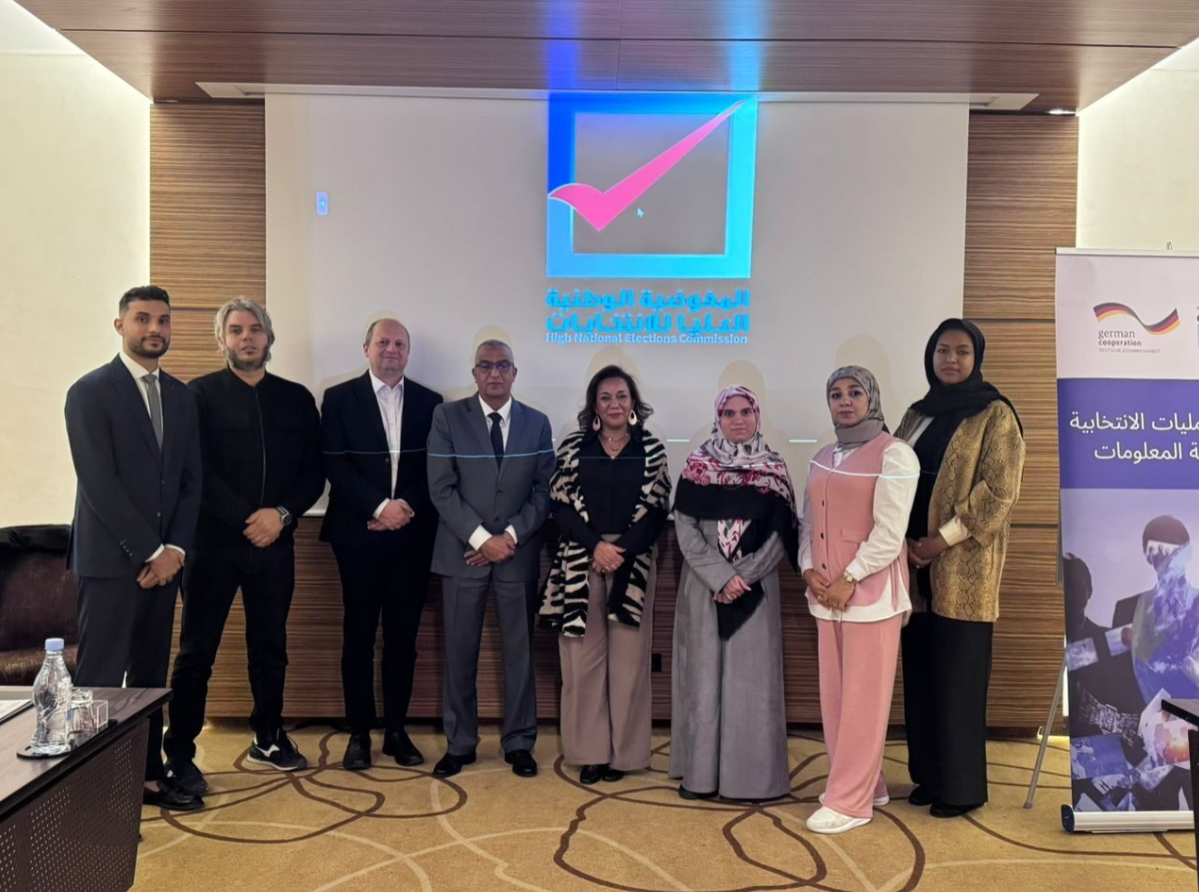Electoral system and women’s representation in Nepal: need for reform?
International IDEA in collaboration with Demo Finland, UN Women and the Embassy of Finland organized a seminar on the Electoral System and Women’s Representation in Nepal: Need for Reform?on 4 March 2014 in Kathmandu.
270 people participated, including Constituent Assembly (CA) members, representatives from political parties, civil society, media and academics.
In the opening session Undersecretary of State from Ministry of Foreign Affairs of Finland, Ms Anne Sipilainen shared the Finnish experience of achieving equal representation between men and women. She highlighted the Finnish Act on Equality between Women and Men which contains a gender quota provision of 40 per cent in nominations to State committees, advisory boards, as well as municipal bodies (with the exception of municipal councils). In Finland, the representation of women in parliament currently stands at 42.5 per cent despite the absence of electoral quotas for parliamentary elections. This is only possible because the parties in Finland have set their own voluntary quotas and include an equal number of women and men candidates.
Heidi Hautala shares Finnish experiences at the seminar
Photo ©: IDEA
The seminar included presentations by Ms Heidi Hautala, a Finnish politician who shared her experiences as a women politician. There were also presentations by Nepali speakers including Khimlal Devkota of UCPN (Maoist) on Revising Electoral System to Ensure Women’s Representation in the Parliament; Pushpa Bhusal of Nepali Congress on Safeguarding achievement of the previous CA in the new Constitution and Astalaxmi Shakya of CPN-UML on Women Participation and Access into Leadership and Decision Making in Nepal: Decades of Struggle.
The seminar was part of the exhibition 100 years of Women’s Voices and Action in Finland, being held at the Siddhartha Art Gallery between 10-15 March 2014. The exhibition is a visual illustration and celebration of the journey of Finnish women – and men – towards gender parity and women’s equal political participation over the past 100 years. The exhibition was curated by the National Council of Women (Finland) and has travelled to various parts of the world to mark the 100th anniversary of women’s voting rights.
Some excerpts from the conference:
‘Gender equality has not been achieved anywhere in the world yet. In Finland we have made progress but face also many challenges — among the biggest are violence against women and unequal pay. Progress has been made with women’s representation in the parliament and in public sector decision making.’ Ms Anne Sipilainen, Undersecretary of State from Ministry of Foreign Affairs of Finland
‘33 per cent is only the starting point, we must fight for 50 per cent of women’s representation. It is necessary to ensure gender equality to make the new federal model viable in Nepal.’ Hon Astalaxmi Shakya, CA member, CPN-UML
‘The Nepalese Constitution, once completed, has a good chance of being one of the most progressive constitutions in the world as it will be based on a modern understanding of the society and politics’. Ms Heidi Hautala, Finnish Politician, Green Party, Former Minister of International Development
‘The representation of women and other marginalized groups was conspicuously high in Nepal in the last two CA elections because of the PR system. Furthermore, the quota system was an effective force for change in women’s participation and decision making.’ Mr Ziad Sheikh, Representative of UN Women
‘The first CA has achieved much in terms of ensuring women’s rights and there is need for the CA-II members of take ownership of those achievements.’ Ms Pushpa Bhusal, politician, Nepali Congress
‘The main challenge is to sustain the achievements of women’s representation that we have already made in Nepal. Now Nepal has almost 30 per cent women’s representation in the Constituent Assembly (CA) which is less than in the previous CA. For that the PR system should be reformed rather than blamed, it should no longer be a secret list- a voter should know who they are voting for’. Mr Bhojraj Pokharel, Former Chief Election Commissioner
By Deepti Khakurel, International IDEA, Nepal




